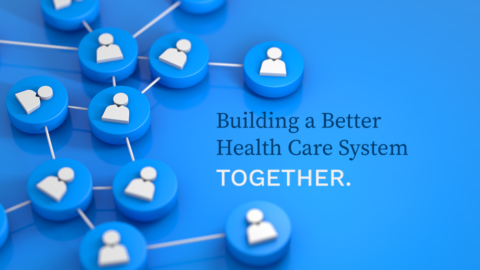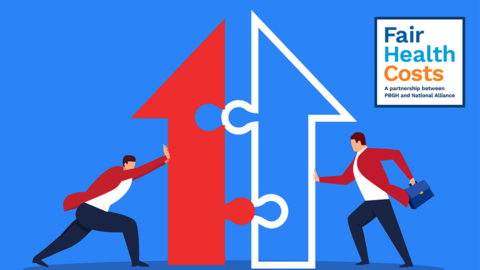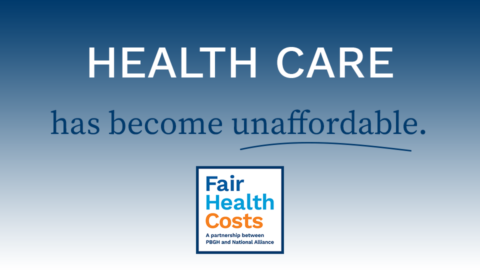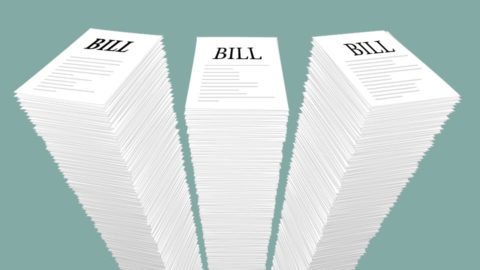Innovate Blog
Seeing Through Pharma’s “Free Market” Façade
Here’s the problem with the drug industry’s top talking point: It’s a lie.

Using Primary Care’s Potential to Improve Health Outcomes
Through successive initiatives and in collaboration with a diverse group of committed stakeholders, PBGH has spearheaded efforts to create a blueprint for “advanced primary care.”

COVID-19 Offers a Chance to Course Correct the Health Care Industry
The COVID-19 global pandemic and resulting economic slowdown had profound impacts on many sectors, including tourism, aviation, oil, finance and health care.

U.S. Employers Sacrificing Competitiveness in the Global Economy
With 60% of Americans getting their health care coverage through their jobs, large and small employers alike are justifiably concerned about rising costs of care.

Employers Continue to Lead through the COVID-19 Pandemic
Throughout the COVID-19 pandemic, employers have stepped up to lead, taking the actions necessary to protect their employees and their businesses. And the recent trend of vaccine mandates and incentives is just the latest example of that.

Vertical Integration Isn’t Great for Health Care Consumers or Purchasers
In 2017, pharmacy giant CVS announced it was purchasing insurer Aetna for $69 billion in the largest-ever health care merger.

Addressing Market Failure: Lowering Health Care Costs for Americans
The United States is facing a crisis when it comes to health care costs. Prices for lifesaving, necessary care and drugs are simply too high for consumers.

Support for Government Intervention to Solve Rising Health Care Costs
Ever-rising health care costs are causing many across the political spectrum to rethink their priorities and positions on key health care policy issues.

Private Equity Poses Grave Threat to Health Care System
Operating largely beneath the public and regulatory radar, private equity firms have gravitated toward health care over the past decade in pursuit of outsized profits.

Late Pressure to Change Surprise Billing Rules Could Derail Savings
An eleventh-hour bid by private equity companies, hospitals and other provider interests threatens to torpedo Congress’ objectives of protecting patients from exorbitant, surprise medical bills and constraining soaring health care costs.
